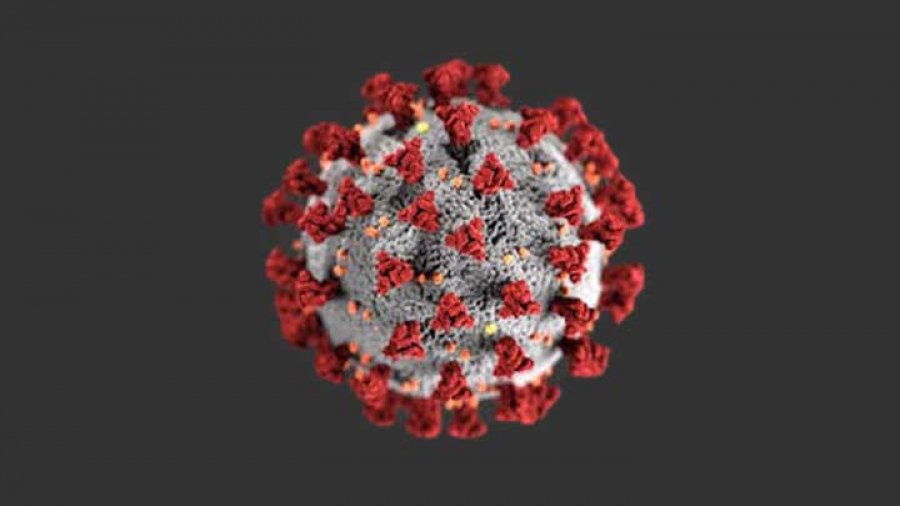Recently, in the case of A vs. Chief Secretary State of Jharkhand & Ors., and several other petitions taken up by the Court on its own motion, the High Court of Jharkhand at Ranchi on 17th April 2020 has ordered the state to provide food and other necessary facilities to transgender persons (“TP”). Similarly, on 27th April 2020, the Telangana High Court in Vyjayanti Vasanta Mogli vs. State of Telangana and Ors. has ordered the state to make foodgrains, medicines, and consumable items accessible to TP, free of cost and without insisting on production of ration cards. Karnataka High Court also on 9th April 2020 had ordered the state to grant benefits under ‘Mythri Scheme’ to TP. State of Kerala too has provided relief kits to 1000 TP registered within the state.
The question is, why did the courts and governments in these states have to take these special measures for TP? The answer lies in something that we already know – the very root cause – absence of a strong backbone i.e. lack of education and jobs for TP due to centuries of discrimination, violence, harassment, exclusion / isolation and lack of awareness / maturity of the society. India went into a nationwide lockdown on March 24, which has extended till May 17. The lockdown has merely showed us a mirror – a reflection of what we are as a society – of the behaviour generally meted out to TP, having increased more so during the lockdown.
As reported, during this time, in Hyderabad, transphobic posters were found at a metro station stating, “if you talk to transgender, you will get corona.” As per other reports, being a victim of hate, false information and rumors, housing complexes have asked TP to move out of their rented homes, making them live on roads – leading to no access to food and water, lack of proper hygiene and higher risk of contracting the virus. And these are just examples.
This, in spite of the fact that Article 14 of the Constitution of India states that “State shall not deny to any person equality before the law or the equal protection of the laws within the territory of India” and Transgender Persons (Protection of Rights) Act, 2019 which states that “no person or establishment shall discriminate against a transgender person…”
TP, who have majorly depended on begging and prostitution for their daily income due to the very same stigma inflicted by the society, have found it impossible to earn due to the lockdown. They are having to fight the virus as well as the mindsets for basic necessities and bare survival – in spite of Section 2 (23) and 3 of the National Food Security Act, 2013 which states that every person belonging to priority households shall be entitled to receive five kilograms of foodgrains per person per month at subsidised prices under the Targeted Public Distribution System (meaning the system for distribution of essential commodities to the ration card holders).
Even though after the Supreme Court decision in the case of NALSA vs. Union Of India, AIR 2014 SC 1863, the application forms for PAN card, Ration card etc. provide that ‘third gender’ or ‘transgender’ can also register and get these documents in their name, how many TP actually have these documents? – something that could have perhaps ensured they get at least food grains during this time for survival. It again comes back to the lack of education and jobs – and presents a sorry refection of ourselves.
It is, therefore, perhaps time to think – as individuals, homes, educational institutions, employers and society – how are we treating a transgender child? Are we giving them the love and support of home and family that each child regardless of gender deserves? Are we trying to understand this child’s plight? Are we ensuring their educaton – like we would for any child? Are we as fellow students and teachers treating this child like any other? Are we rejecting to hire this person – not because of merit – but because we feel they may seem like a ‘misfit’? Are we even talking about it or creating enough awareness to ensure a no-discrimination environment?
A person is made by the society and society by person. Our responsibility begins at home and goes right till the end. Providing the backbone and mainstreaming is our responsibility. Laws will be of no use if we don’t implement them and change our mindsets. The next time the mirror reflects, let it reflect differently!
– Shivangi Prasad, Partner, Inclusion at Work and Sukrit Parashar, Student, Rizvi Law College, Mumbai (Views are personal)
 Cart is empty
Cart is empty 

